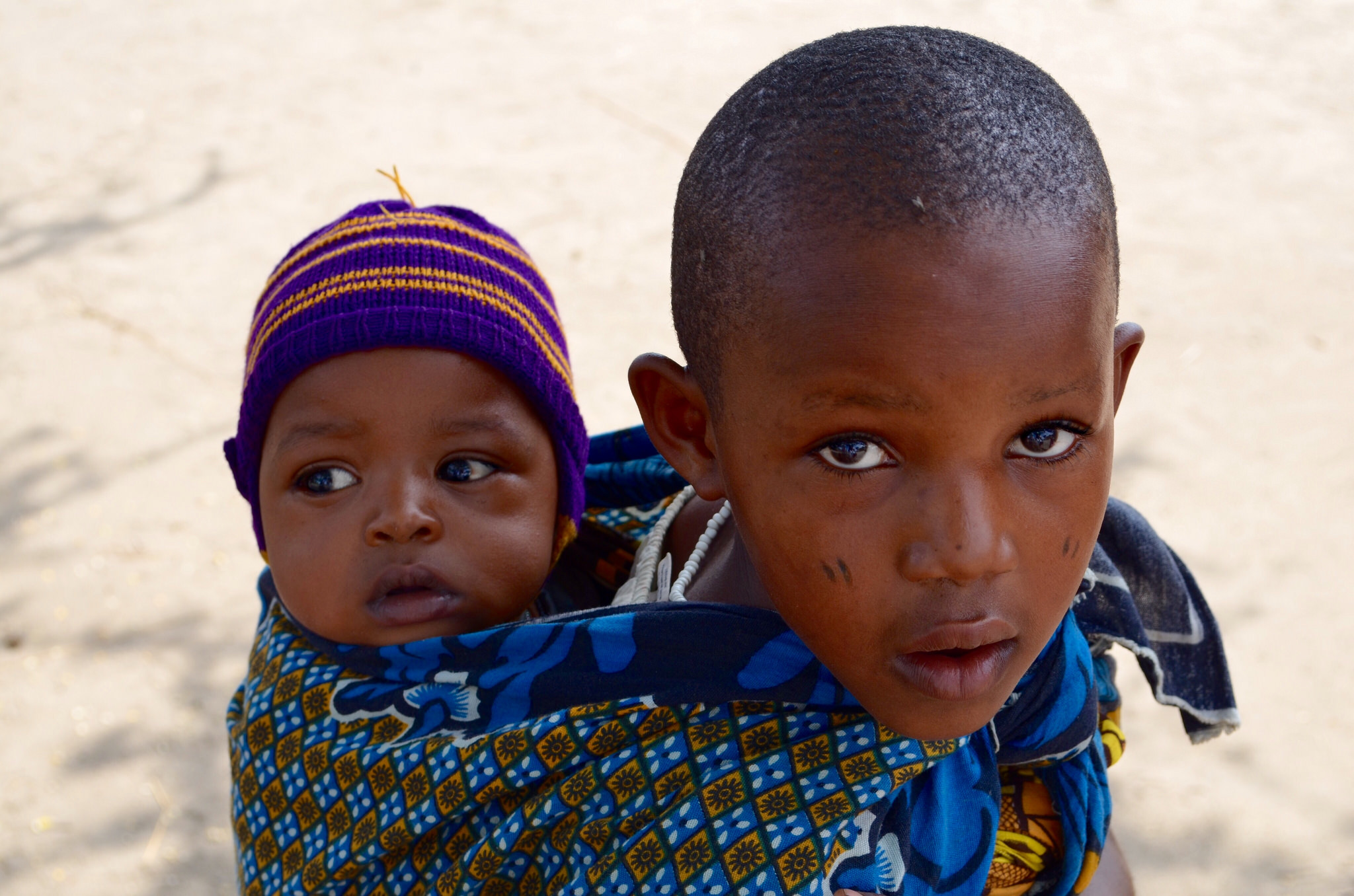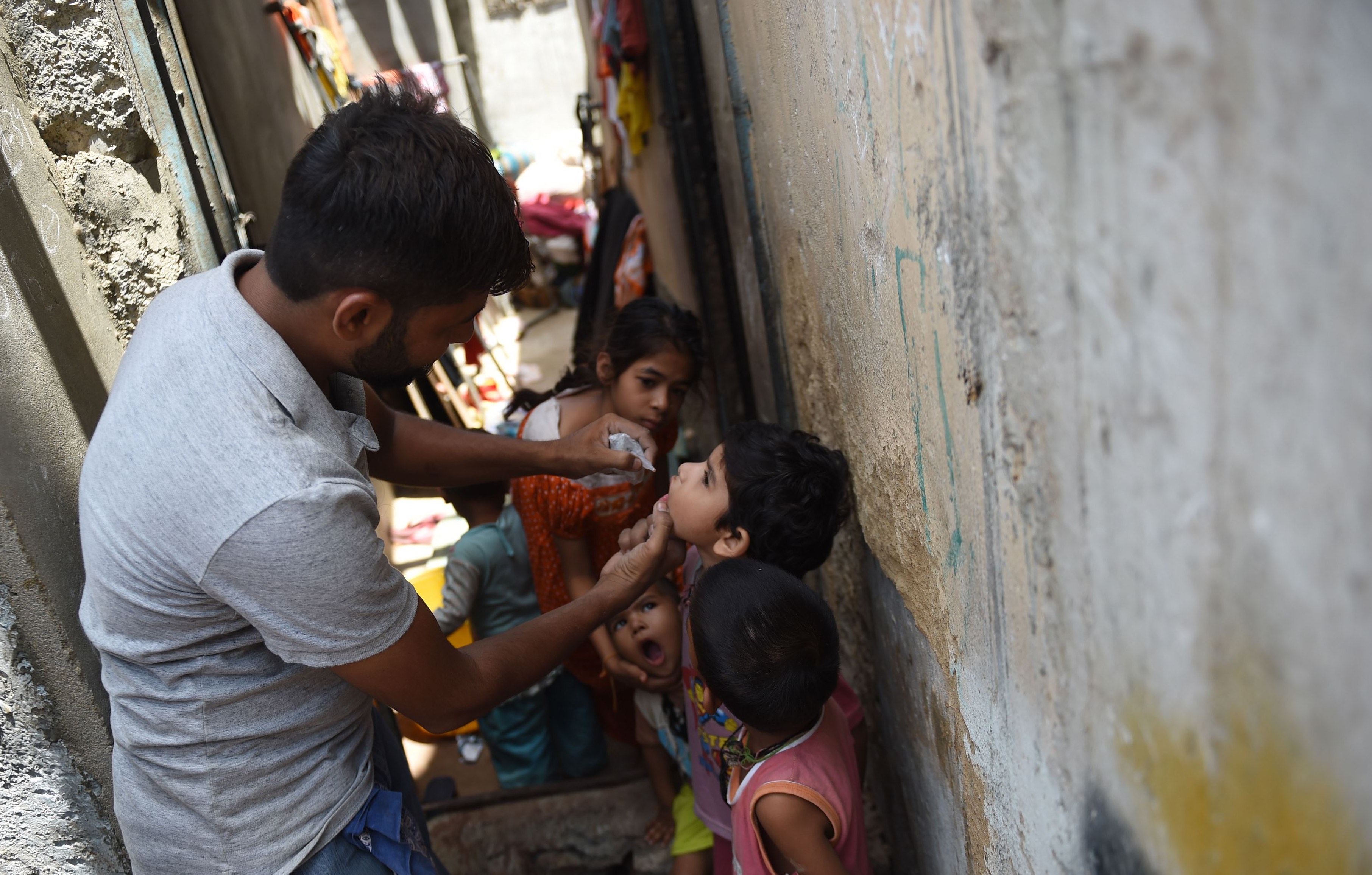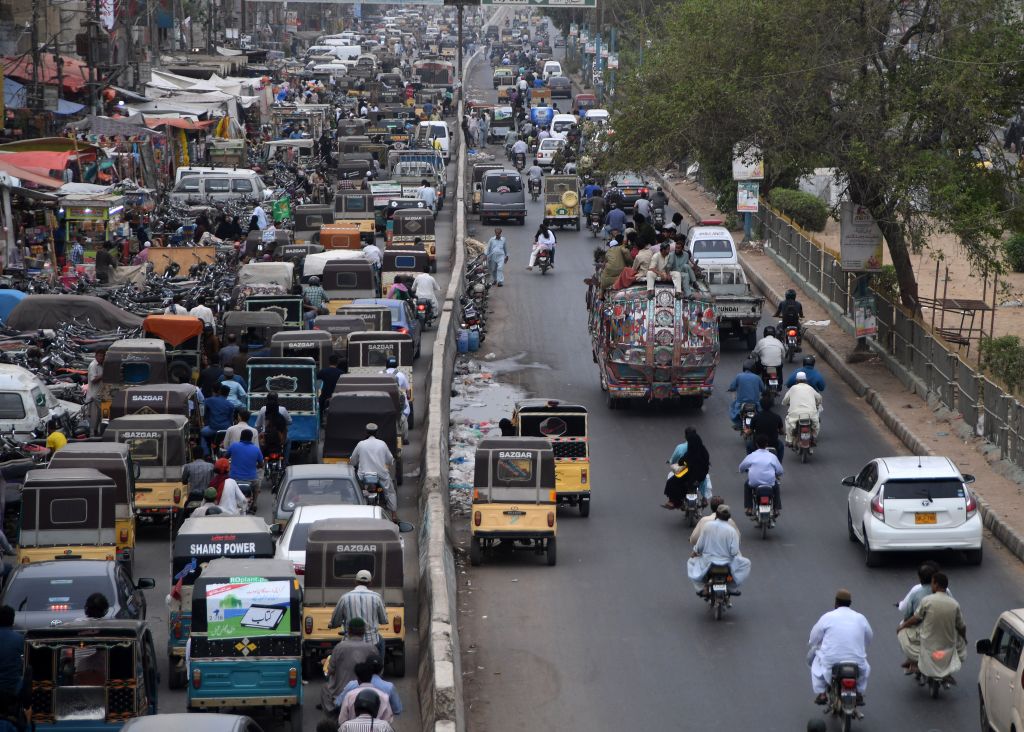
Politics & Society
History repeating: Losing citizenship in India

Nossal Institute technical advisor, Matt Reeve, grew up in Karachi and has worked around the world, including with drug users in Myanmar and semi-nomadic communities in Kenya
Published 5 October 2018
I’m probably one of the few people born in Australia my age who has known people who died or were paralysed by polio, or who had infectious diseases like tuberculosis. I grew up in Pakistan. My parents were doing development work in the south-east, right on the Indian border.
I spent my primary school years in a village with no electricity or running water and I went to high school in Karachi, where there was rapid urbanisation and lots of slums.

In the city, people do amazing things with almost nothing, but their entire lives and outlook are shaped by poverty. That deprivation shapes your thinking, so you’re always focusing on the short-term, and on survival.
If I have one meal a day instead of two, then I might be able to put some money towards my children’s education or pay for some medicines. If my life is terrible, I might ease the pain with cigarettes, alcohol or drugs, or buying a TV. When you’ve only got tomorrow to look forward to, and you’ve got no hope and no job prospects, you make those decisions.

Politics & Society
History repeating: Losing citizenship in India
That shaped my understanding of what to expect from people when trying to influence their behaviour with health programs.
My first job in public health was with the Nossal Institute, on a Gates Foundation-funded HIV prevention program, on the border of India and Myanmar, where heroin and opium are very cheap and freely available. That whole border area has a lot of separatist movements, and law enforcement is both punitive and haphazard. The Nossal Institute has contributed a lot to the field of law enforcement and harm reduction – people like Nick Crofts and Nick Thomson – and this was a big part of why we were involved in this project.
By the time I arrived, we’d built up very good relationships with police and army colleges and one of the separatist groups. This allowed some space for us to work with people who inject drugs and carry out programs without them or us being arrested. One of the separatist groups went from arresting and shooting drug dealers and users to implementing our program. It was a spectacular turnaround.

Health & Medicine
Using chemotherapy to fight malaria
Lately, with my colleagues in the Nossal Institute’s Maternal, Sexual and Reproductive Health unit, we have been working with semi-nomadic Maasai and Samburu pastoralists in Kenya. They are marginalised politically and economically and don’t have access to good health services. A lot of our work has been researching what we need to do to make health facilities acceptable and attractive to women from these communities.
In Maasai culture, there’s a belief that women in labour and newborns should be in a very hot environment. Even in the middle of summer, when it’s 40 degrees outside, typically there’s a fire blazing in a hut, because they believe the cold is dangerous. Putting a heater in the delivery room is a very small change that has made a huge difference to how acceptable the birthing facilities are to Maasai women.

In global health, particularly in programs run by NGOs, money’s so tight, and often there’s little funding given to research or documentation. Some of the best-performing health programs have never had anything written about them. There are evidence gaps everywhere.
One of our passions at the Nossal Institute is studying in which contexts health interventions work and how they need to be modified for different places. Are there programs that only work under particular circumstances?

Health & Medicine
Giving communities a voice
So often, I think people design monitoring systems or evaluation plans that are very mechanical and punitive and treat humans as machines. You can look at monitoring and evaluation and say it’s just about numbers. But actually, it’s about how people manage their work and how they are managed. The part I enjoy most is setting up tools that are valuable for people to use. My favourite Urdu/Hindi phrase is “Daal mein kuchh kaala hai”, which translates as “There’s something black in the lentils” – basically, there’s something dodgy going on. It reminds me of the times I’ve analysed health program data and spotted a pattern that didn’t seem quite right, leading to finding some issue in the program that hadn’t been picked up before. No-one who’s ever crunched a bit of gravel in a mouthful of daal forgets this phrase.
When I’m teaching, one of the things I stress is that there’s no room for saviours. Working to improve complex health systems requires teams doing lots of things at once and having a good grasp of a wide range of areas. That’s why public health is so great: the vast majority of roles require you to understand a wide variety of areas and integrate that learning into what you do.

Health & Medicine
Making surgery safe in Mongolia
Teaching leadership and management is a core part of our Master of Public Health, because in public health, you do find yourself in leadership positions and you need those skills. We teach people who go on to be heads of health services, secretaries of health departments.
We take Master of Public Health students to rural India to learn from a primary health care program and live in a village context. I’m constantly saying that people skills and cross-cultural competency are worth far more in global health than a particular technical skill.
Understanding how people work and how groups of people work, recognising your own biases, and and being able to delve into others’ motivations and emotions and context, and how that drives behaviour … for me, that’s the essence of public health.
As told to Elisabeth Lopez, University of Melbourne.
Banner image: Christine Olson/Flickr